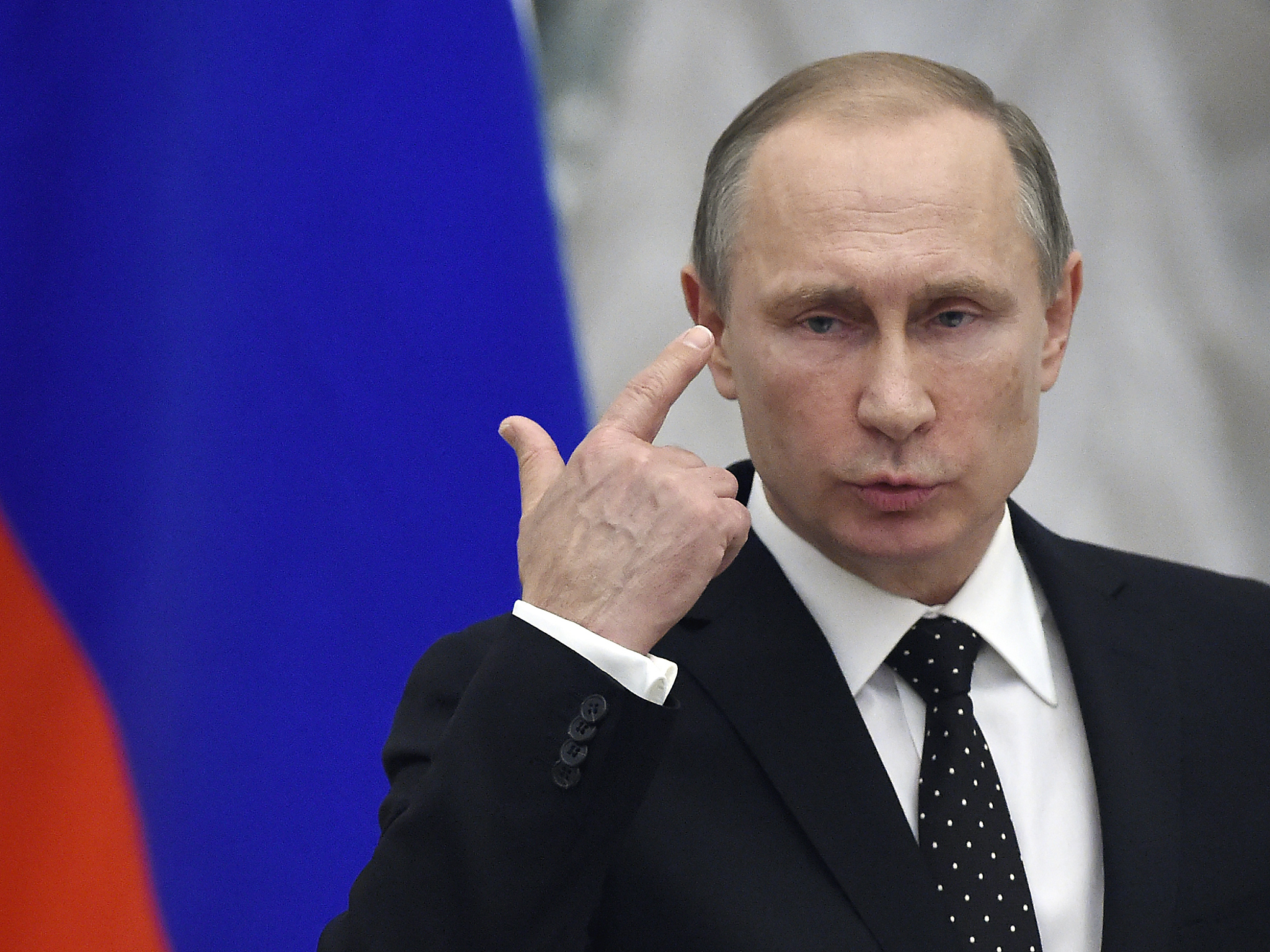

New Delhi: Russian President Vladimir Putin will officially run for office again in 2018, debunking questions and theories surrounding his delayed official announcement.
The announcement was made at the GAZ automobile factory in the city, Nizhny Novgorod. The factory is a symbol of the country’s industrial might, and Putin was greeted by an enthusiastic audience by the blue-collar workers who make up the core of his base.
“I couldn’t find a better place and movement,” Putin, 65, said to the crowd. “Thank you for your support. I will run for president.”
Putin is pitted against a number of candidates, including TV host Ksenia Sobchak, the daughter of late St. Petersburg Mayor Anatoly Sobchak, who was Putin’s boss and mentor in the 1990s.
Putin took over a country hit by failed economic reforms, with devalued currency and a deep crisis in the political establishment.
Putin spent his first term implementing vital economic reforms, including in tax, banking and pension fields. One of the most pressing challenges during Putin’s first term was the situation in Chechnya and terrorist attacks in Moscow and other Russian cities.
“We will persecute terrorists everywhere. [If they are found] in an airport – so be it in an airport… the issue is closed,” Putin said in September 1999, when he served as the prime minister.
Putin had to leave his post in 2008, after the end of the second term, as the Russian Constitution prohibits holding the office for more than two consecutive terms. Putin ceded the office to Dmitry Medvedev and took over Medvedev’s position as prime minister, to deal with the consequences of the 2008 global financial crisis.
“You may remember the wonderful saying: ‘Whatever Jupiter is allowed, the Ox is not.’ We cannot agree with such an approach. The ox may not be allowed something, but the bear will not even bother to ask permission. Here we consider it the master of the taiga, and I know for sure that it does not intend to move to any other climatic zones – it will not feel comfortable there. However, it will not let anyone have its taiga either. I believe this is clear,” he said at a meeting of the Valdai International Discussion Club.

Russia and the Middle East
Putin has reinstated Russia as a key geopolitical player. In 2015, Russia launched an Airspace Forces operation in Syria at the request of Syrian President Bashar Assad. In early December, Putin announced that with Russian military support the Syrian armed forces had liberated almost the entire territory of Syria from the terrorists.
The Syrian operation was a big success for the Kremlin and a fine advertisement for the Russian defense industry.
Putin has tactfully neutralized the US in the Middle East because of its failure in providing any viable solution to the war-torn region and its allies.
He has successfully achieved his goal and has secured vital Russian interests in the region. He backed Assad when the US wanted him out and secured Russia’s military presence in Syria for the next 49 years. The Saudis want Russia to play a bigger role in the region and Turkey is working together with Russia and Iran to setup de-escalation zones in Syria. This deal has helped to restore ties and bilateral trade between Moscow and Ankara.
Thus, Putin has reduced US ability to maneuver militarily in the region and has also assured Russia’s dominance in the Middle Eastern affairs.
Compared to the US, the Russian campaign in Syria has been pretty cheap and the country is now planning to withdraw itself from the conflict while ensuring its presence and influence in the region at the same time.
Putin has successfully demonstrated to the world that Russia is a better power broker compared to the US and that it can secure the interests of its allies in a more efficient way.
If Putin serves another six-year term, which would run through 2024, he would become the longest serving leader since Joseph Stalin, who ruled for nearly 30 years.








